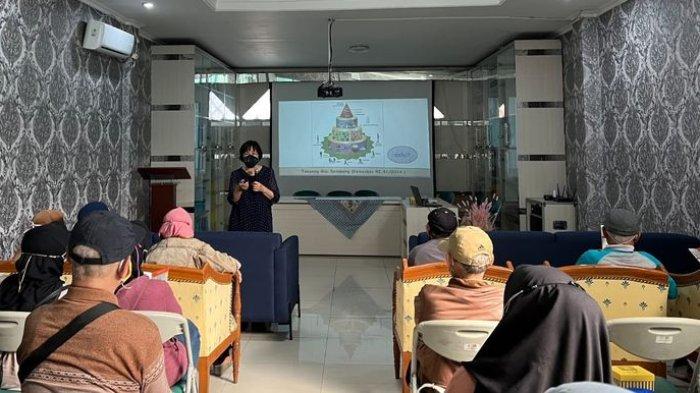

Irianti Bahana Maulida Reyaan
In the era of the National Health Insurance (JKN), the implementation of therapy is carried out in stages and the Puskesmas is a first -level health facility. Puskesmas is a technical unit of the District/City Health Office that is responsible for organizing health development in a working area (Ministry of Health of the Republic of Indonesia 2016). One of the programs held at the Puskesmas is the Chronic Disease Management Program (Prolanis). The target of Prolanis is BPJS participants who have chronic diseases, such as hypertension and diabetes mellitus. Besides the use of drugs (pharmacological therapy), non -pharmacological therapy is also important for patients with chronic diseases, including hypertension and type 2 diabetes mellitus (DM) which are prioritized in the prolasis. Nutritional management is one of the strategies in controlling DM type 2 disease. In a study, consumption of fruits and vegetables can provide protection and help blood sugar control in patients with type 2 DM, because it contains high nutrient, fiber, and antioxidants that support these protective effects. In addition, there are some food content that needs to be prevented or minimized for consumption such as red meat and sweet foods/drinks (high sugar) because it can increase the risk of insulin resistance (Sami et.al., 2017). In hypertensive conditions, nutritional management is also important to do, for example limiting sodium consumption and increased consumption of fruits and vegetables (height of fiber) can help efforts to control blood pressure (Lelong et.al., 2017). Therefore, educational and application efforts through the socialization and implementation of medical nutrition are very important needed in hypertensive patients and type 2 DM, one of which is by applying activities in the Prolanis at the Puskesmas in the city of Bandung. This community service was carried out by lecture methods and leaflets to prolanis patients at Puter Pukesmas, Bandung City